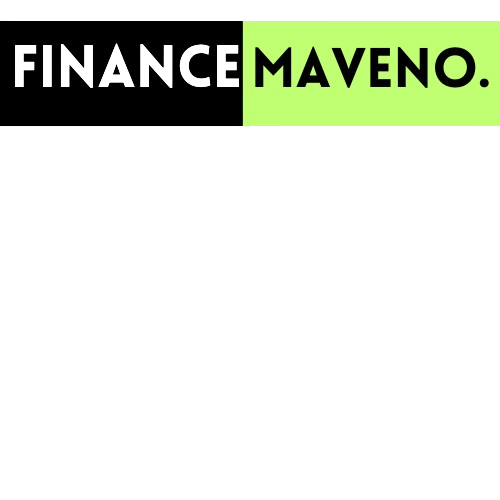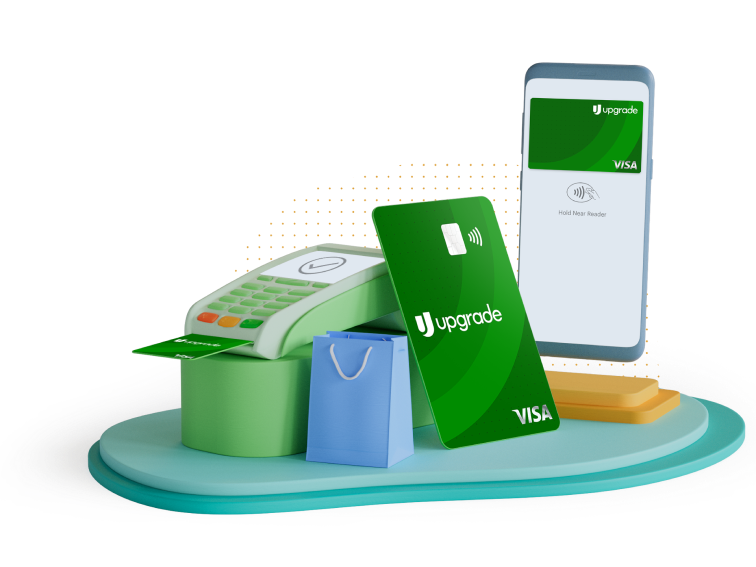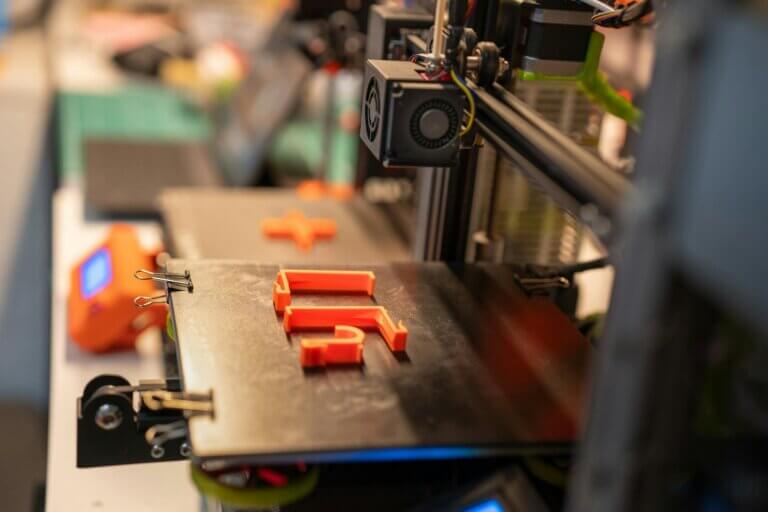SBA Loan 7(a) vs 504 – An Overview
This blog post will provide a comprehensive overview of SBA Loan 7(a) vs 504 loans,…
…highlighting their definitions, purposes, key differences, and ideal candidates for each.

GOKAPITAL SBA LOANS
GROW YOUR BUSINESS AFFORDABLY
Loan Amounts: Up to $10,000,000
The best and most affordable way to obtain financing for your small business!
When it comes to securing funding for a small business, understanding the differences between SBA Loan 7(a) and 504 programs is crucial.
Both options offer unique benefits tailored to specific needs, but knowing which one is right for your business can save time and money.

GOKAPITAL BUSINESS LOANS
BUSINESS
LENDING MADE SIMPLE!
Secure online application only takes minutes.
This post will break down the key features, eligibility requirements, and ideal use cases for each loan type,…
…helping you make an informed decision that aligns with your business goals.
Get ready to explore how these loans can support your path to success.

Intro
In the world of small business financing, choosing the right loan can significantly impact the success and growth of your enterprise.
The Small Business Administration (SBA) offers various loan programs, with two of the most popular being the SBA 7(a) and SBA 504 loans.
Both of these programs are designed to assist small businesses, but they cater to different needs and circumstances.
Understanding the differences between them can help business owners make informed decisions that align with their financial goals and business plans.
By the end, you should have a clearer picture of which loan type might be best suited for your business.

Overview of SBA 7(a) Loan
Definition and Purpose
The SBA 7(a) loan program is one of the most widely used SBA loan options.
It is designed to provide financial assistance to small businesses that might not qualify for traditional bank loans.
The primary purpose of the SBA 7(a) loan is to help businesses with their general financial needs,…
…which can include working capital, inventory purchases, or refinancing existing debt.
Loan Amounts and Terms
SBA 7(a) loans offer flexibility in terms of loan amounts and repayment terms.
The maximum loan amount for a 7(a) loan is $5 million.
The repayment terms can vary based on the purpose of the loan, but generally,…
…they extend up to 10 years for working capital and up to 25 years for real estate purchases.
The interest rates for 7(a) loans are negotiated between the borrower and the lender but are subject to SBA maximums.
Eligible Uses of Funds
Funds from an SBA 7(a) loan can be used for a variety of purposes, including:
- Working capital (e.g., for day-to-day operations)
- Purchasing inventory or equipment
- Refinancing existing debt
- Buying real estate or leasehold improvements
- Supporting business acquisition or expansion
The flexibility in use makes the 7(a) loan a versatile option for many small businesses.
Overview of SBA 504 Loan
Definition and Purpose
The SBA 504 loan program is specifically tailored for businesses looking to acquire fixed assets, such as real estate or large equipment.
Unlike the 7(a) loan, which is more general in its application, the 504 loan is focused on long-term asset financing.
Its primary purpose is to help small businesses expand and grow by providing capital for major capital investments.
Loan Amounts and Terms
The SBA 504 loan program offers significant financial assistance with maximum loan amounts of up to $5.5 million, though the specific amount can vary based on the project.
The loan terms are typically 10, 20, or 25 years, depending on the asset being financed.
The SBA 504 loan generally has lower interest rates compared to the 7(a) loan, making it an attractive option for long-term investments.
Eligible Uses of Funds
SBA 504 loan funds can be used for:
- Purchasing existing buildings or land
- Constructing new buildings
- Renovating or improving facilities
- Purchasing heavy machinery and equipment
- Expanding business operations
These loans are meant for substantial investments that will improve or expand the company’s physical assets.
Key Differences Between 7(a) and 504 Loans
Purpose and Business Needs
One of the primary differences between the 7(a) and 504 loans is their intended use.
The 7(a) loan is more versatile and can be used for a variety of business needs, including working capital and debt refinancing.
In contrast, the 504 loan is strictly for financing long-term fixed assets.
This distinction makes the 7(a) loan a better fit for businesses needing operational flexibility,…
…while the 504 loan is ideal for companies focused on major asset acquisition or expansion.
Loan Structure and Interest Rates
The structure of the loans and the associated interest rates also differ. SBA 7(a) loans generally have higher interest rates compared to 504 loans.
The rates for 7(a) loans are based on the market and negotiated with the lender, subject to SBA limits.
On the other hand, SBA 504 loans feature fixed-rate interest, which is typically lower and more stable,…
…making it beneficial for long-term financial planning.
Collateral Requirements
Collateral requirements are another area of distinction.
SBA 7(a) loans often require less collateral compared to 504 loans, which might be a deciding factor for businesses that do not have substantial assets to pledge.
For the 504 loan, borrowers usually need to provide a substantial amount of collateral, often including the assets being financed.
Eligibility Criteria
Eligibility criteria also vary between the two loan types.
SBA 7(a) loans have broader eligibility requirements, making them accessible to a wide range of small businesses.
These include various size standards, industry types, and business purposes.
SBA 504 loans, however, have more specific eligibility criteria, focusing on businesses that are investing in fixed assets,…
…and meeting certain job creation or retention requirements.
Go here and apply for a GoKapital SBA loan.
Gokapital is one of the best, when it comes to SBA loans.
Read a full GoKapital review here.
Pros and Cons of Each Loan Type
Advantages of 7(a) Loans
- Flexibility: Can be used for a wide range of purposes, including working capital, inventory, and debt refinancing.
- Accessibility: More accessible to a variety of businesses due to broader eligibility criteria.
- Less Collateral Required: Generally requires less collateral compared to SBA 504 loans.
Disadvantages of 7(a) Loans
- Higher Interest Rates: Interest rates can be higher than those of SBA 504 loans, which might affect long-term costs.
- Shorter Terms: Loan terms are generally shorter, which might result in higher monthly payments.
Advantages of 504 Loans
- Lower Interest Rates: Generally offer lower, fixed interest rates compared to 7(a) loans.
- Longer Terms: Longer repayment terms (up to 25 years) which can result in lower monthly payments.
- Focus on Asset Growth: Ideal for businesses investing in major assets, which can help with long-term growth and stability.
Disadvantages of 504 Loans
- Limited Use of Funds: Can only be used for fixed assets, not for working capital or other general business needs.
- Collateral Requirements: Often requires more collateral, which might be a barrier for some businesses.
- Strict Eligibility Criteria: More stringent eligibility requirements may limit access for some businesses.
Ideal Candidates for Each Loan
Best Fit for 7(a) Loans
SBA 7(a) loans are best suited for businesses needing flexible financing solutions.
Ideal candidates include:
- Startups: New businesses requiring working capital or equipment.
- Businesses in Transition: Companies looking to refinance debt or restructure existing finances.
- Retailers and Service Providers: Businesses needing funds for inventory, marketing, or operational expenses.
Best Fit for 504 Loans
SBA 504 loans are best for established businesses looking to invest in fixed assets. Ideal candidates include:
- Growing Companies: Businesses planning significant expansions, such as acquiring new real estate or major equipment.
- Manufacturers: Companies requiring substantial machinery or facility upgrades.
- Real Estate Developers: Businesses involved in construction or major renovations.
Wrapping Things Up
Choosing between an SBA 7(a) and SBA 504 loan requires a thorough understanding of your business needs and financial situation.
The SBA 7(a) loan offers flexibility and broader use of funds, making it suitable for a variety of business needs.
On the other hand, the SBA 504 loan provides lower interest rates and longer terms, making it ideal for significant capital investments in fixed assets.
Aligning your loan choice with your business goals is crucial.
By carefully considering the advantages and disadvantages of each loan type, as well as your specific financial requirements,…
…you can select the loan that best supports your business’s growth and success.
Whether you need general working capital or are ready to invest in long-term assets,…
…understanding these options will help you make an informed decision and achieve your business objectives.
Frequently Asked Questions (FAQ) About SBA Loan 7(a) vs 504
What is the difference between an SBA 7(a) and an SBA 504 loan?
The SBA 7(a) and SBA 504 loans are both designed to help small businesses, but they serve different purposes.
The SBA 7(a) loan is more flexible and can be used for a variety of business needs including working capital, equipment purchases, and refinancing debt.
On the other hand, the SBA 504 loan is specifically intended for purchasing fixed assets like real estate or major equipment.
Which loan is better for purchasing real estate?
For purchasing real estate, the SBA 504 loan is typically the better choice. It is specifically designed for acquiring fixed assets and offers long-term financing with a low down payment. The SBA 7(a) loan can also be used for real estate, but it is generally more suited for other business needs.
What are the typical terms and conditions for SBA 7(a) and SBA 504 loans?
SBA 7(a) loans generally have terms of up to 10 years for working capital and up to 25 years for real estate. The interest rates can be variable or fixed. SBA 504 loans offer terms of 10, 20, or 25 years with fixed interest rates, but they are specifically for long-term, fixed asset purchases.
Are there differences in the application process for SBA 7(a) and SBA 504 loans?
Yes, the application processes differ. The SBA 7(a) loan application is often less complex and can be processed more quickly, while the SBA 504 loan process involves a more detailed application and approval process due to the involvement of Certified Development Companies (CDCs) that partner with the SBA.
What are the eligibility requirements for SBA 7(a) and SBA 504 loans?
Eligibility requirements for both loans include having a for-profit business operating in the U.S., meeting size standards, and demonstrating a need for the loan.
However, SBA 504 loans typically require the business to be in operation for at least two years and have a tangible net worth of less than $15 million, while SBA 7(a) loans have more flexible requirements.
Can I use an SBA 7(a) loan for business expansion?
Yes, SBA 7(a) loans can be used for business expansion, including purchasing equipment, inventory, or even acquiring another business. They are highly versatile and can address a wide range of business needs.
How do interest rates compare between SBA 7(a) and SBA 504 loans?
Interest rates for SBA 7(a) loans can vary and may be either fixed or variable. SBA 504 loans typically offer lower, fixed interest rates which can be advantageous for long-term projects.
What are the fees associated with SBA 7(a) and SBA 504 loans?
SBA 7(a) loans may have guarantee fees that vary based on the loan amount and term. SBA 504 loans have fees that include a CDC processing fee and other costs related to the appraisal and legal services required for the loan.






